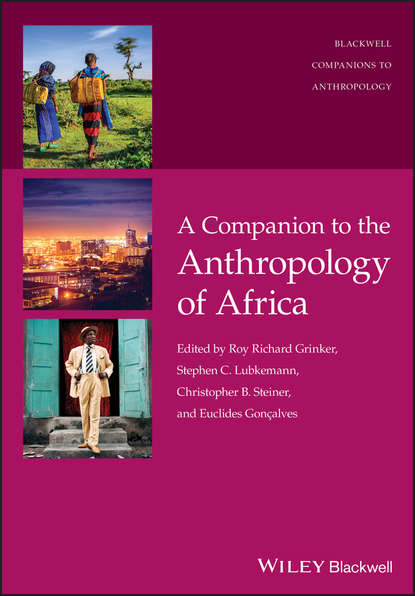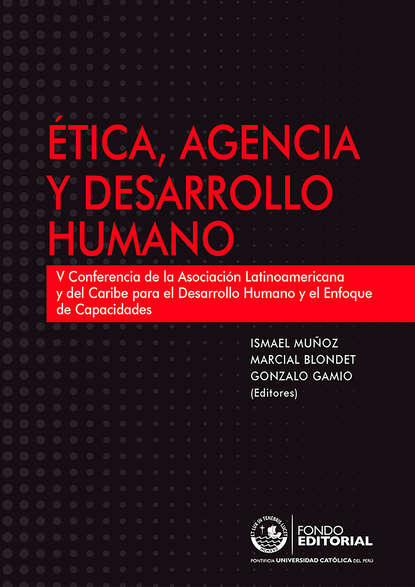Книга “A Companion to The Anthropology of Africa” автора Кристофера Штейнера Б. является сборником эссе, написанных и отредактированных ведущими культурными антропологами. Она посвящена изучению всех аспектов жизни на континенте Африки и рассматривает влияние теоретических традиций на антропологическое мышление в этой области. Кроме того, рассматриваются вопросы трансформации антропологического мышления благодаря растущему интересу к использованию антропологических знаний для критического анализа практических проблем, таких как война, бедность и общественное здоровье. Книга состоит из четырех частей, в которых рассматриваются такие темы, как вечные темы, развитие антропологического мышления и современные дискуссии по темам, таким как колдовство, родство, закон и справедливость.
Предлагая читателю обзоры сложного и увлекательного мира африканской антропологии, эта книга предоставляет превосходное справочное пособие для студентов и исследователей.
Электронная Книга «A Companion to the Anthropology of Africa» написана автором Christopher Steiner B. в году.
Минимальный возраст читателя: 0
Язык: Английский
ISBN: 9781119251507
Описание книги от Christopher Steiner B.
Anthropology conducted in Africa has been central to the methodological and theoretical development of the discipline since it was first institutionalized in the late 19th century. Written and edited by a team of leading cultural anthropologists on the subject, A Companion to the Anthropology of Africa compiles a collection of insightful essays that address all aspects of life on the continent of Africa. Chapters within explore the extent to which anthropological thinking on this topic has been, or remains, influenced by the theoretical traditions, whilst others consider the extent to which anthropological thinking has been transformed by growing interest in using anthropological knowledge to critically address practical concerns and public problems such as war, poverty, and public health. This Companion is presented in four parts. The first part looks at enduring themes—tracing the development of anthropological thinking and the current debates about themes such as witchcraft, kinship, law and justice that have demonstrated remarkable staying power in the anthropology of Africa. The second section considers topics that began to garner attention during decolonization and in its immediate aftermath. Such topics include mobility and displacement, urbanism, and political violence. The third part comprises topics such as trauma, social justice, sex and sexuality that have become the central concern of anthropologists of Africa since its many nations gained their independence. It also looks at ‘hot topics’ like social media, humanitarianism, and environmentality. The final section considers the role that Africanist anthropology has played in informing other Africanist disciplines, and reflects on the politics of representation within the discipline as well. Filled with a wide variety of expert opinions and observations across chapters which are highly sophisticated in their coverage, A Companion to the Anthropology of Africa is an essential reference resource for undergraduate and graduate students, as well as researching anthropologists.



















